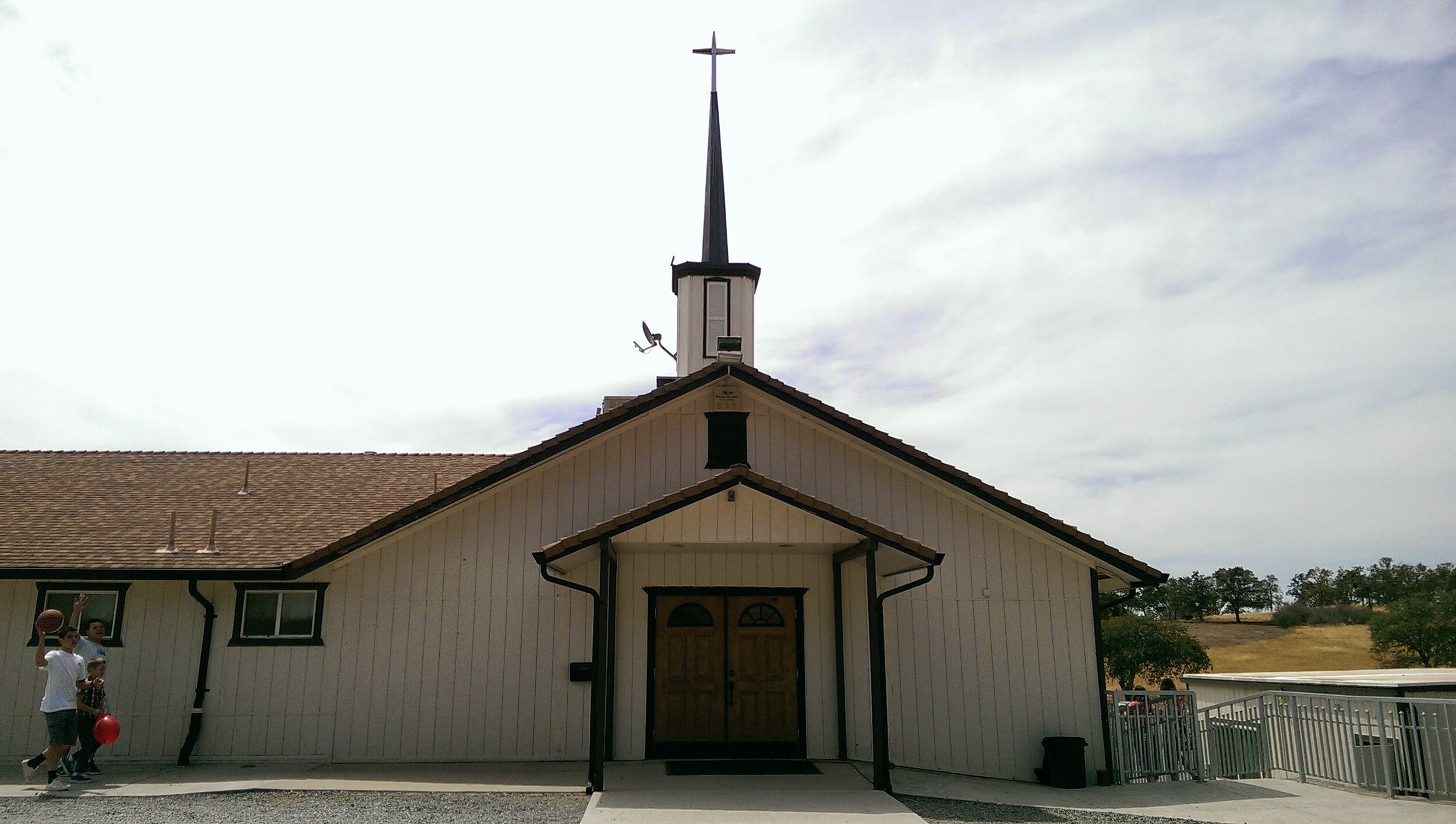Mercy needs time. Being merciful requires, besides compassion and action, time. Those who need mercy today need both someone who will show mercy and time. All who are crying out for mercy around the world, the aliens, refugees, oppressed, mistreated, those deprived of justice, those who’ve made mistakes, and those who are repenting of wickedness and evil, are also hoping for time. Enough time for things to change, time for life to be better, time to have another chance to be better. The dilemma is that the very time those crying out for mercy need also gives evil, evildoers, corruption, and sin more time.
When it comes to mercy, Jesus left no doubt as to how he, God, wants us to function in time. He commands us to be merciful, expects us to be merciful, and blesses us when we are merciful, “Be merciful, just as your Father is merciful” Luke 6:36 (NIV); “Blessed are the merciful, for they will be shown mercy” Matthew 5:7 (NIV). He wants you and me to become answers to those crying for mercy. He wants us to be the men and women who understand and live James’ point, “Speak and act as those who will be judged by the law of freedom. For judgment is without mercy to the one who hasn’t shown mercy. Mercy triumphs over judgment” James 2:12-13 (HCSB).
It would be a grave mistake to conclude that since mercy triumphs over judgment that judgment has been rendered obsolete and is abolished. Mercy is not mercy if leads to a perversion of justice, the abolishment of judgment, “… it is appointed for man to die once, and after that comes judgment, so Christ, having been offered once to bear the sins of many, will appear a second time, not to deal with sin but to save those who are eagerly waiting for him” Hebrews 9:27-28 (ESV). The cross of Christ is both the most merciful and the most just act in all of history. It did not bypass the justice of God but rather satisfied it completely and doing so it enables the mercy of God to save even the worst sinner.
However, mercy does not buy evil, wickedness, and sin unlimited time. It does grant a sinner time to repent and in doing so give him or her a chance to do even more evil, but it will also not ignore the cries of those suffer that evil. The evil doers and merciless who died comfortably in their plush beds will not escape justice, “God has warned us that he'll hold us to account and make us pay. He was quite explicit: ‘Vengeance is mine, and I won't overlook a thing,’ and, ‘God will judge his people.’ Nobody's getting by with anything, believe me”Hebrews 10:30-31 (MSG); “… the day of the Lord (the day of God’s judgment, of Christ’s return) will come like a thief in the night. While people are saying, ‘Peace and safety,’ destruction will come on them suddenly, as labor pains on a pregnant woman, and they will not escape. … “So then, let us not be like others, who are asleep, but let us be alert and self-controlled”1 Thessalonians 5:6 (NIV, parenthesis mine).
Today is a day of mercy, a great day to respond to God’s mercy, a terrific day to be merciful. Today is also a day God in his mercy has said to many, “Your time is up, time for judgment.” Only believing in and following Christ will prepare you for that day.
To God be all glory. Love you, Pastor Hans
